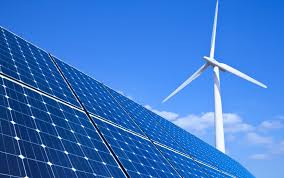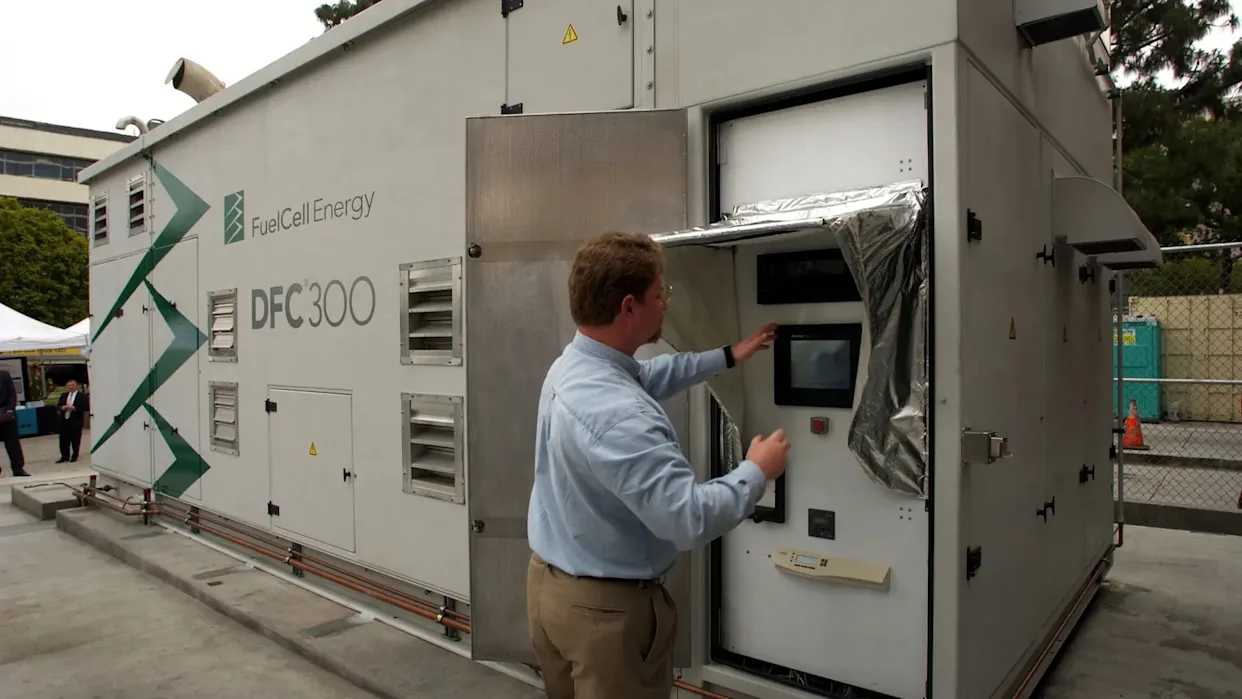
The U.S. Department of Energy (DOE) announced on Oct. 2 that it has canceled $7.56 billion in clean energy funding, halting 223 projects across states that voted for former Vice President Kamala Harris in the 2024 election. The move has triggered a wave of criticism from Democratic lawmakers and energy advocates, who say the decision amounts to political punishment with consequences for jobs, innovation, and consumer energy costs.

“Following a thorough, individualized financial review, DOE determined that these projects did not adequately advance the nation’s energy needs, were not economically viable, and would not provide a positive return on investment of taxpayer dollars,” the agency said in a statement.
A full list of affected projects has not yet been made public. However, DOE confirmed award recipients have 30 days to appeal the terminations, and some have already begun that process.
The cancellations cut across a wide range of DOE programs, including the Offices of Clean Energy Demonstrations, Energy Efficiency and Renewable Energy, Grid Deployment, Manufacturing and Energy Supply Chains, Advanced Research Projects Agency-Energy, and Fossil Energy. In total, 321 financial awards were terminated. DOE officials highlighted that 26% of the awards — worth more than $3.1 billion — were issued in the short window between Election Day and the presidential inauguration, calling them hastily approved and inadequately documented.
Energy Secretary Chris Wright defended the decision, saying DOE has been working to review “billions of dollars in financial awards, many rushed through in the final months of the Biden administration with inadequate documentation by any reasonable business standard.”
Russ Vought, director of the Office of Management and Budget, echoed support in a post on X, saying the awards in states such as California, Colorado, Illinois, New York, and Washington were part of “Nearly $8 billion in Green New Scam funding to fuel the Left’s climate agenda.”
But Democratic leaders see the move differently. They argue it undermines the rule of law and weaponizes federal policy for partisan purposes.
“This administration has had plans in the works for months to cancel critical energy projects, and now, they are illegally taking action to kill jobs and raise people’s energy bills,” said Sen. Patty Murray, D-Wash. “This is a blatant attempt to punish the political opposition.”

“Our democracy is badly broken when a president can illegally suspend projects for Blue states in order to punish his political enemies,” said Rep. Adam Schiff, D-Calif.
Rep. Rosa DeLauro, D-Conn., called the cancellations “reckless” and a betrayal of the public trust. “Terminating critical energy projects in Democratic states weaponizes policy for political revenge and will only drive energy bills higher, increase unemployment, and eliminate jobs.”
Advocacy groups also warned of wide-ranging fallout. Jackie Wong, senior vice president for climate and energy at the Natural Resources Defense Council, said ending the awards would “stall American innovation and competitiveness, raising costs for consumers, and further cementing our reliance on dirty fossil fuels.”
Canceled awards reportedly include hydrogen hubs in California and the Pacific Northwest, battery production facilities, grid modernization efforts, clean vehicle manufacturing, and industrial decarbonization projects. California officials confirmed DOE rescinded up to $1.2 billion earmarked for ARCHES — the state’s planned hydrogen hub.
“The cancellation of ARCHES is vindictive, shortsighted, and proof this Administration is not serious about American energy dominance,” said Sen. Alex Padilla, D-Calif.
California Gov. Gavin Newsom also denounced the move, saying it would undercut U.S. leadership in renewable energy.
Environmental groups stressed that consumers ultimately will bear the brunt. “By canceling more renewable energy projects, Trump is directly raising energy bills for millions of Americans,” said Patrick Drupp, Climate Policy Director at the Sierra Club.
With $7.6 billion in funding now rescinded, energy experts say the decision could slow progress toward decarbonization, stall advanced technology deployment, and diminish private sector confidence in federal clean energy initiatives. Supporters of the canceled projects warn that the U.S. risks losing its competitive edge to Europe and Asia, where governments are aggressively investing in clean energy manufacturing and innovation.
Originally reported by Robert Walton in Construction Dive.